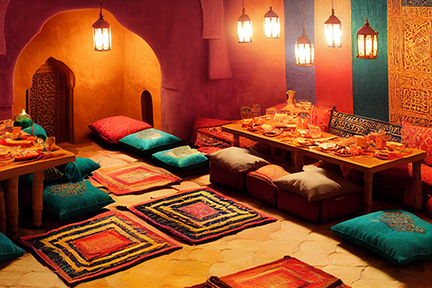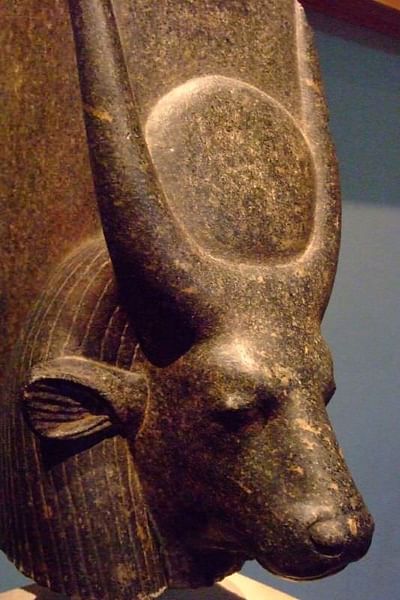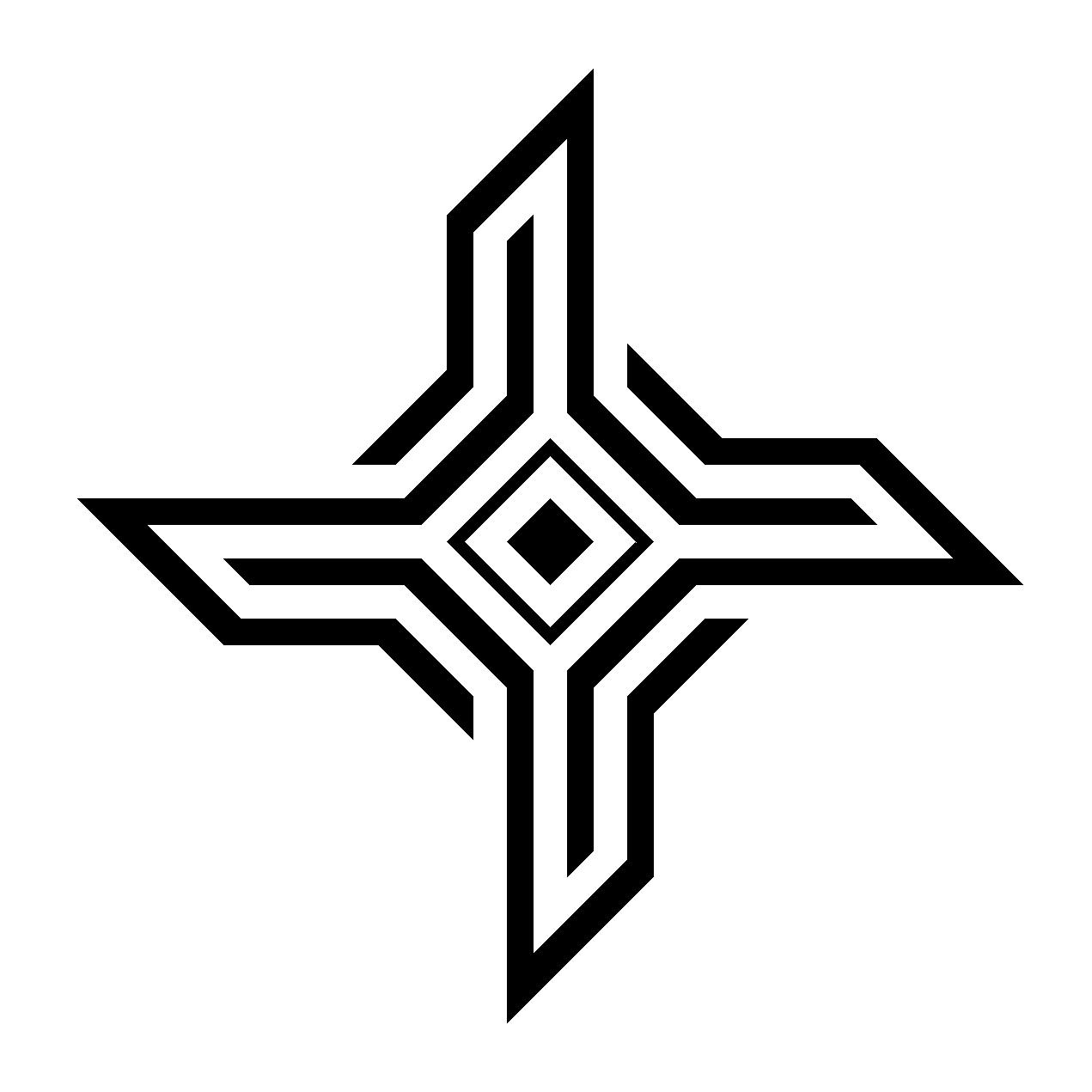The Heavenly Cow
The Heavenly Cow
The mouth of a perfectly contented man is filled with beerOn the edge of the city of Elephantine, near the Stygian River, is one of the oldest beer halls of Khemit. The reason for the name has been lost to antiquity, though it's safe to assume some divine bovine once grazed here.
It was here long before the Hyborean Hegemony and was fortunate enough live past the end of occupation, to see the rise of an independent kingdom once again. There are thousands of years of stories within the walls of the beer hall. while they are unable to be heard, there is still a welcoming atmosphere that echoes the sentiment of those stories.
Inside is lit by tin lanterns with varying illumination designs, creating a playful pattern across the columns and ceiling. Pallets of pillows and low tables are arranged without one central focal point. A well-lit dais may be used for musical entertainment one day, the next, tables in a corner are moved together for several games of senet. Much of the entertainment is brought by the locals as the Hall has been for generations, a second home. Of the patrons, there are still a few traders that come into the Heavenly Cow as its one of the only beer halls that provides some adequate security for cargo stored in the common room until it can be unloaded at the bazaar.
The aroma of incense mixes with the smell of fried food to strike a more neutral tone for the most important part of the place, beer. Cool beer after hard work in the desert sun, is what the patrons want. The Heavenly Cow servers traditional beers with locally harvested dates and honey. Heqet, Haamet, and the holiday special, Tenemu. Straws are available with jugs if you don't have your own. Bottles are also available if you are not inclined to share or want it to go (additional glass fee)
If you want that bitter stuff, try the Jaded Scarab in the lower kingdom. they import a hundred amphora every 6 months. It's a bit expensive, but it's the real deal if you're homesick for that stuff. There's also Nuben's beer hall on the other side of Elephantine, near the palace. He uses Khemitian barley and Libynos grown hops. Cheaper than the Scarab, but still very bitter.To go along with the beer, the cook prepares seasonal game of fish or fowl, fried in olive oil, and chopped to be easy finger food with a dipping sauce of sumac, lime, and mint. A baked bread with goat cheese and sauce, also sliced for communal eating is available. The cook avoids invoking divine retribution by not serving beef or other relations (just in case).
Don't get me wrong, Zahi is nice and all, but the man has no imagination. He only fries the beast, and the sauce is the same for every dish. At least his wife brews the best beer, and that's why we come here.
The Owner
The heavenly cow is run by Zahi Al-Shalabi, his wife Mared, and their two sons. He is 6th generation Al-Shalabi caring for the Heavenly Cow and it's his ancestor who designed the Khartous architecture. As the story goes, Zahi's ancestor migrated from Khartous to Khemit. All he had left to his name was one cow. The butcher offered him 10 silvers for the beast, but he refused to sell her. That’s when she bolted. he chased her into courtyard of the beer hall. The Heavenly Cow was worn down over time and almost out of business. The old owner saw the cow grazing and thought it was an omen. So, he traded the beer hall for the cow and thus further embellishing the beer hall's namesake.The Architecture
Cellar
Of the whole structure, the cellar is still the original construction; carved out of the sandstone foundation, over three thousand years ago. It has a sacred reverence to the continuing art of brewing. There is a temple-like floorplan with places for an alter and alcoves for statues to gods. The original heavenly cow statues were assumed hidden during the time of the Hyborean Hegemony since all temples were destroyed. probably buried in the courtyard before being placed back into the cellar. Various relief carvings and plaster paintings of the bovine also decorate the table and hearths. The statues' sun disks are well-worn and polished as many cooks have asked for blessings over the hall. There are two small hearths, blackened by years of use, still in operation to boil the mash. Carved shelves hold medium and large ceramic jugs of beer depending on the state of fermentation, and twenty-five glass bottles filled with beer for those who like to drink alone. The central stone table is wide enough for several people to assemble. Mortar and pestle, bags of grain, and jars of spices, fruit, and honey clutter the tabletop allowing a touch of chaos to each batch of beer.Beer Hall
The beer hall is almost as old as the city itself. The heavenly cow was established after the formation of the triple kingdom (uniting the kingdom under one ruler). Most agree it would be about the time of the 10th or 11th dynasty given the ossuary found with the heavenly cow’s name. The beer hall has gone through many repairs, design changes. the largest expansion was around 400 IR, roughly after the canal was constructed. At that time there was a large influx of trade using the canal, including eastern lumber. The owner went with a Westerling design with hardwood floors, tall wooden tables, chairs; things that would be more appealing to the current occupants of Khemit. By 2630 IR and Khemit became independent, Westerling style was fading. by 2800, the owner took inspiration from the Khartous, rounded archways, shorter tables and floor cushions. the ambiance was exotic, but not foreign. This is still the current design that has kept the heavenly cow a popular spot.Sleeping rooms
From the second story balcony, one could make out the Obelisk of Kings as The Pharaoh continues it's reconstruction. one long balcony and stairwell connected the six rooms on the second floor. One of Zahi's sons lights the hanging lanterns at dusk to make sure that anyone staying the night can safely walk from the hall the rooms or common room. Each room has the fancier (westerling) rope beds, which even today's owner kept instead of pallets and pillows. The rooms are fairly sparse, of furnishings. other than the bed, there is just a small table. a rear door leads to a small private balcony with a bit of a view of the city. for those that can't afford a private room, or don't look like they can walk back home before closing, there is a larger common room. dozens of straw pallets are available for sleeping with a few worn s for a quiet game of cards and some buckets for fetching water. A wood and fabric partition can be expanded to divide the room if necessary. the Al-Shalabi family is most generous to those that have need of a place to rest and are short of coin but willing to work. Plumbing has been a relatively recent addition (the last few centuries) to the city and the heavenly cow embraced the technology so as to not have to deal with chamber pots and nightsoil anymore. At the far end of the sleeping room are common restrooms, both upstairs and down with pipes entering Elephantine's greater sewer system. Downstairs restroom is a little larger with a large, tiled tub next door for those who like to wash away the deshret they brought with them. The tiles are brightly colored with a few patterns appearing like a scattering of seashells at the beach. As Zahi tells it, the odd out of place tub came about from a merchant from Ifthazz, who couldn't pay his tab. Apparently the Pharaoh wasn't pleased with the merchant's choice in tiles as the beach is not the same as the great desert. Zahi's grandfather offered the merchant a trade for the tiles and tub.The bath is large, like three camel troughs side by side and will cost a pretty penny for the boys to fill with hot water. you can save some money if you can fill the black barrel outside in the morning yourself, then in the evening the spigot will pour out water heated by the sun. Mared sells a few scented soaps for a copper. Not that it's advertised, but the bathhouse has great acoustics.The addition of the two-story building for weary travelers to stay was a new concept for a beer hall. it was minor in comparison to the volume of traders and foreigners. Still, its meager six rooms upstairs and common room below for workers and cargo was a nice supplement to the owner's income.
When the building was constructed, much of the stone floor was salvaged from a local temple destroyed by the Hyborians. one of the walls of the temple was put back together and hidden beneath the dirt and straw; a risky venture given the laws at the time. Today the carvings are preserved beneath sandstone tiles until someone can decipher what it says.
Stable
While most places can stable a horse or a camel, The Heavenly Cow is one of a few places north of the Nubian Oversight that can stable a bakadann and a lesser uromanx. At least one each. No one is really sure of if a Bakadann was actually stabled here. few people have even seen a bakadann. fewer still have heard of a uromanx. so, either the previous owner was trying to cater to a larger audience, or as most believe, that they had used the idea as a marketing ploy. If they come and see these beasts, they may stay and drink. the thick wooden posts and bronze gates (with reasonable images of the beasts decorating the stalls) bring patrons at least with their imagination.
Type
Pub / Tavern / Restaurant






Ooooh, honey and dates... Delicious. This sounds like a nice play to stay, even if the food's boring, and I really like the whole 'can reorganise the floor at will to suit whatever is going on' bit.
Too low they build who build beneath the stars - Edward Young